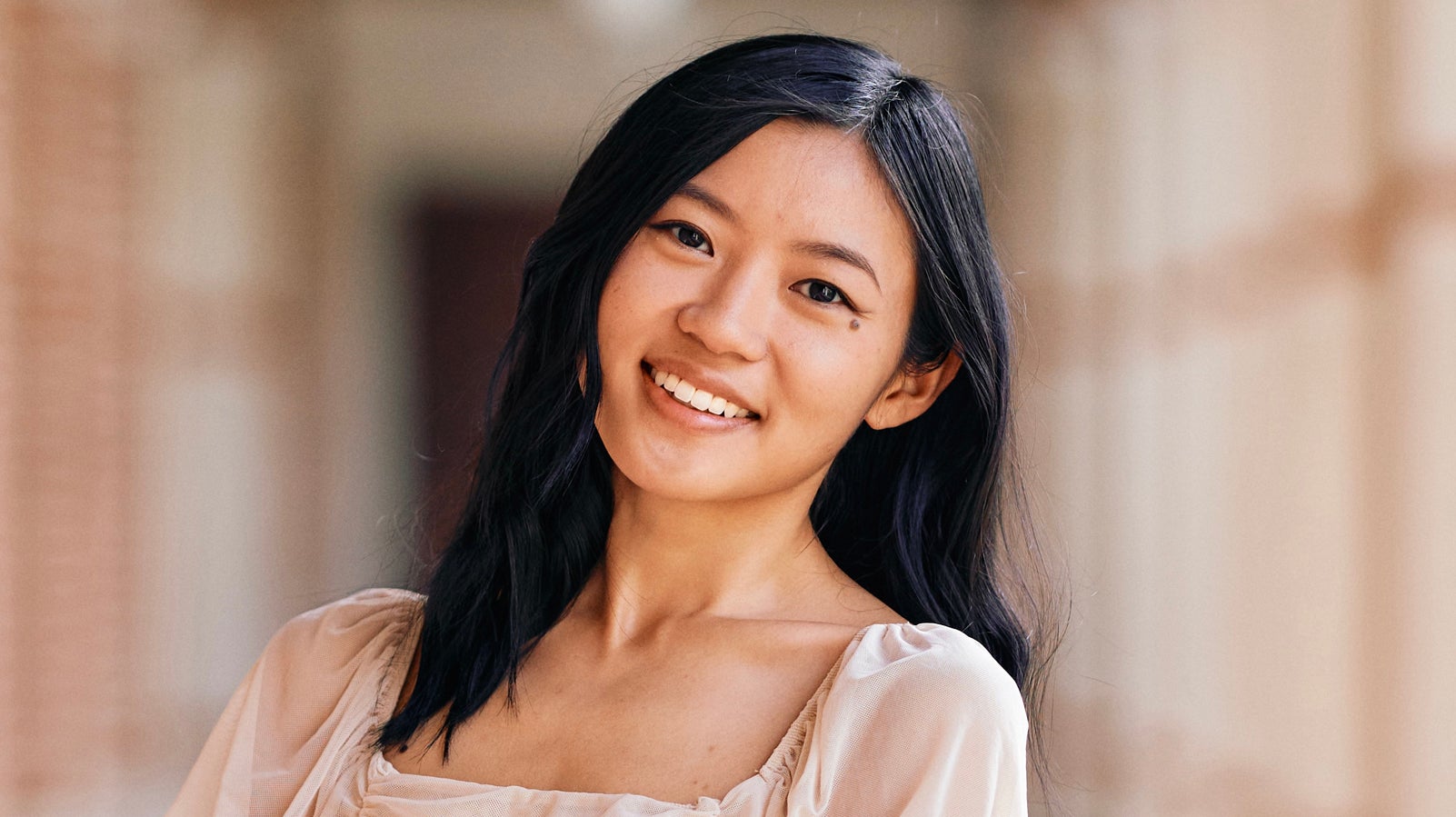“During my internship, I thought I’d be doing data analysis and background research for pilot studies, but that was the first pandemic summer and there were no in-person activities. Most of my time was spent in research with colleagues on the Ph.D. level, a degree I did not see myself pursuing at the time. That experience helped me realize a professional master’s degree in Civil and Environmental Engineering – rather than a Ph.D.—was the road to the type of work I wanted to pursue,” said Rice University alumna Amy Jiang, BS ’21, MCEE ’22.
The research nature of her internship prompted Jiang to jumpstart the industry-focused MCEE program. She said, “I’d begun exploring the professional master’s degree as a junior, and part of its appeal was the final semester capstone project.”With her advisor’s approval, Jiang began MCEE courses in her senior year. She also attended industry job talks and recruiting events and talked with classmates who had interned with different companies. Following a career panel hosted by the Rice Engineering Alumni, Jiang introduced herself to one of the panelists.
“The alumna was working in environmental consulting, and as we talked, we found we’d completed several of the same civil and environmental engineering projects and had both interned with the same company,” said Jiang. “She was happy to talk with me about how her career was going and to give me advice on how I might navigate my own career given our similar experiences.”
Jiang found her niche during her next internship. She spent more time in field work where she thrived in outdoor activities like soil sampling and helping with a site investigation for a previous PCB contaminated site. She said, “In addition to the actual work, I also had the chance to talk with different types of engineers. Those conversations allowed me to envision different directions my career might take. The company operated across a wide realm of projects, and that prompted me to expand into more MCEE courses so I’d have a broader range of basic knowledge in various areas.”
“My master’s degree helped in my salary negotiation, and some of the courses I took apply to my day-to-day job,” said Jiang. “The program really prepared me for the work I do now, particularly the environmental microbiology class, how different microbes act in water, how they utilize different chemicals to eat. I’m using those concepts in my current projects and it felt great to have that background in our early meetings; no one needed to explain the conceptual basics to me.”
She said her colleagues at Jacobs recognize the MCEE degree –with its focus on industry rather than research – gives her an advantage. The air quality research Jiang completed for her professional master’s capstone project was also beneficial. “There is currently a lot of research on PFAS (per-fluoroalkyl and poly-fluoroalkyl substances),” said Jiang. “
Her advice to prospective and current MCEE students is to take advantage of the Rice graduate student community. Whether professional master’s students arrive straight from their undergraduate years or after several years in industry, the early weeks in the program will be a time of adjustment; students quickly learn their professors’ and peers’ expectations and begin to utilize their free time accordingly.
Jiang said, “The program is small; you usually have classes with the same people, so get to know them well. Plan to forge more close connections with your professors than you did as an undergraduate. You’ll be more involved in the courses, spend more one-on-one time as you master the material, and you’ll talk to your professors more about their research.
“As undergraduates and early career engineers, we tend to ask our peers questions. As a graduate student, you will become more comfortable talking to your professors; this will set you up to be comfortable talking with your managers and --as your career advances-- with executives.”

